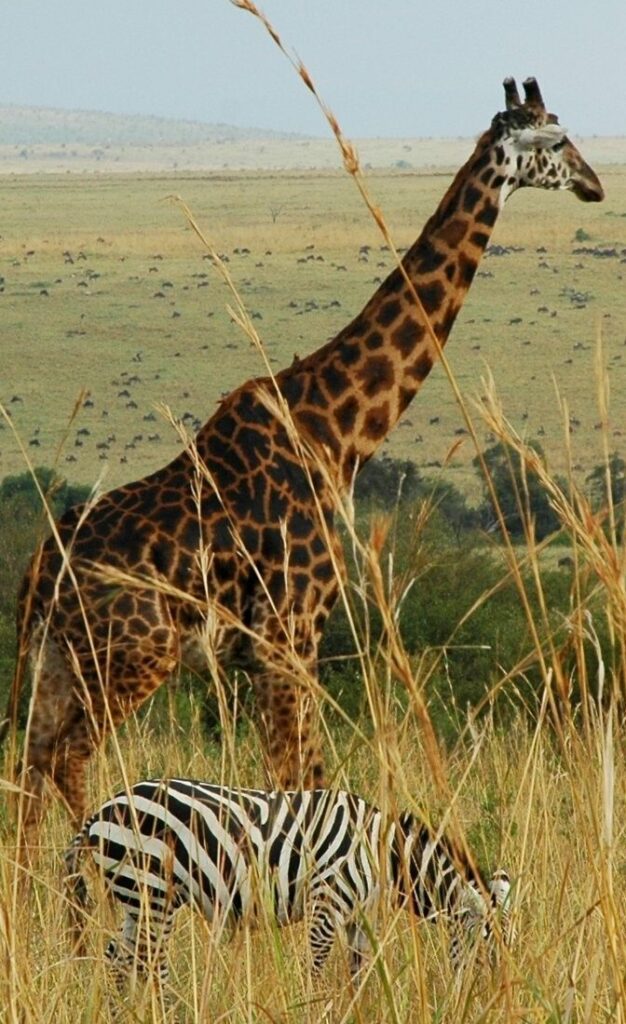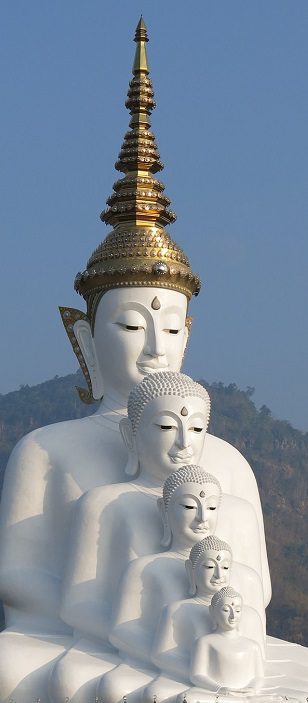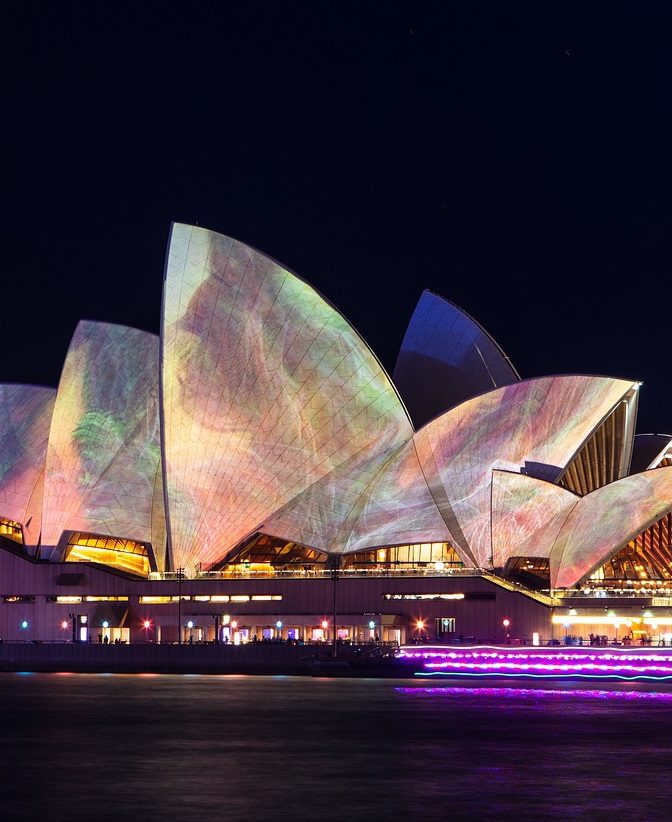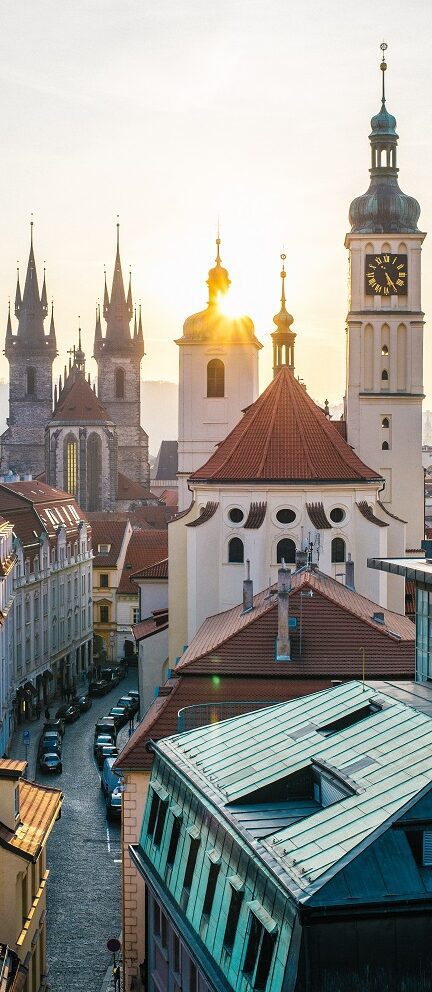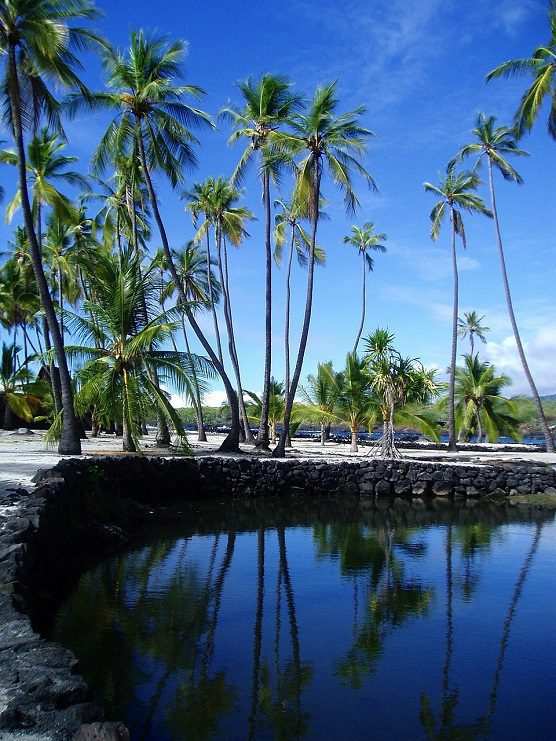
The views become ever more spectacular. The peaks, a patchwork of hard snow and newly exposed rock, now look as though they are part of a linocut. The valleys plummet below us, sometimes white, sometimes brown. Then snow and rock give way to Persian oaks, cypresses, walnuts, almonds and terraced fields of wheat. Closer, I see through the trees the green dome of a holy man’s tomb and further up, Sar Agha Sewed, the village I have been looking for. It’s built on a slope so steep that the flat, earth roof of each single-storey house serves as the floor and terrace of the house above it; there is something so perfect about the sight that I stand for a while in silence, smiling, a moment of wonder only disturbed by an elderly woman inviting us in for tea.
The explorer Wilfred Thesiger said he ‘couldn’t bear the Persians’ because they had not offered the sort of hospitality he had enjoyed in Arabia. Perhaps he didn’t travel among the Bakhtiari. This grandmother, living with very little in a two-room cave house, serves tea, biscuits and sweets, shares the history of her family and their village, and then insists that I take a large circle of her delicious homemade bread. On the way back to the Kouhrang River, we pass many families who are setting up their summer camps. They greet us, look for a good carpet among their bundles, unroll it over the rocks and offer tea before asking the traditional questions: who are you? Why have you come? Where are you going? And everyone I meet tells stories. Some are tribal: one man relates how the Bakhtiari held out against Alexander the Great, conqueror of the ancient Persian Empire; another explains that the first oil discovery in Iran was made on Bakhtiari land, exploited by the Anglo-Persian Oil Company, now BP But most are personal tales of pride in their traditions and love of their mountains, of hardship and loss, and of how their children will live differently in town, studying at a boarding school or finding a job.
